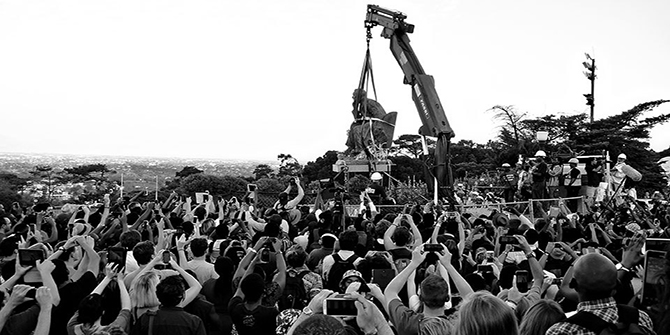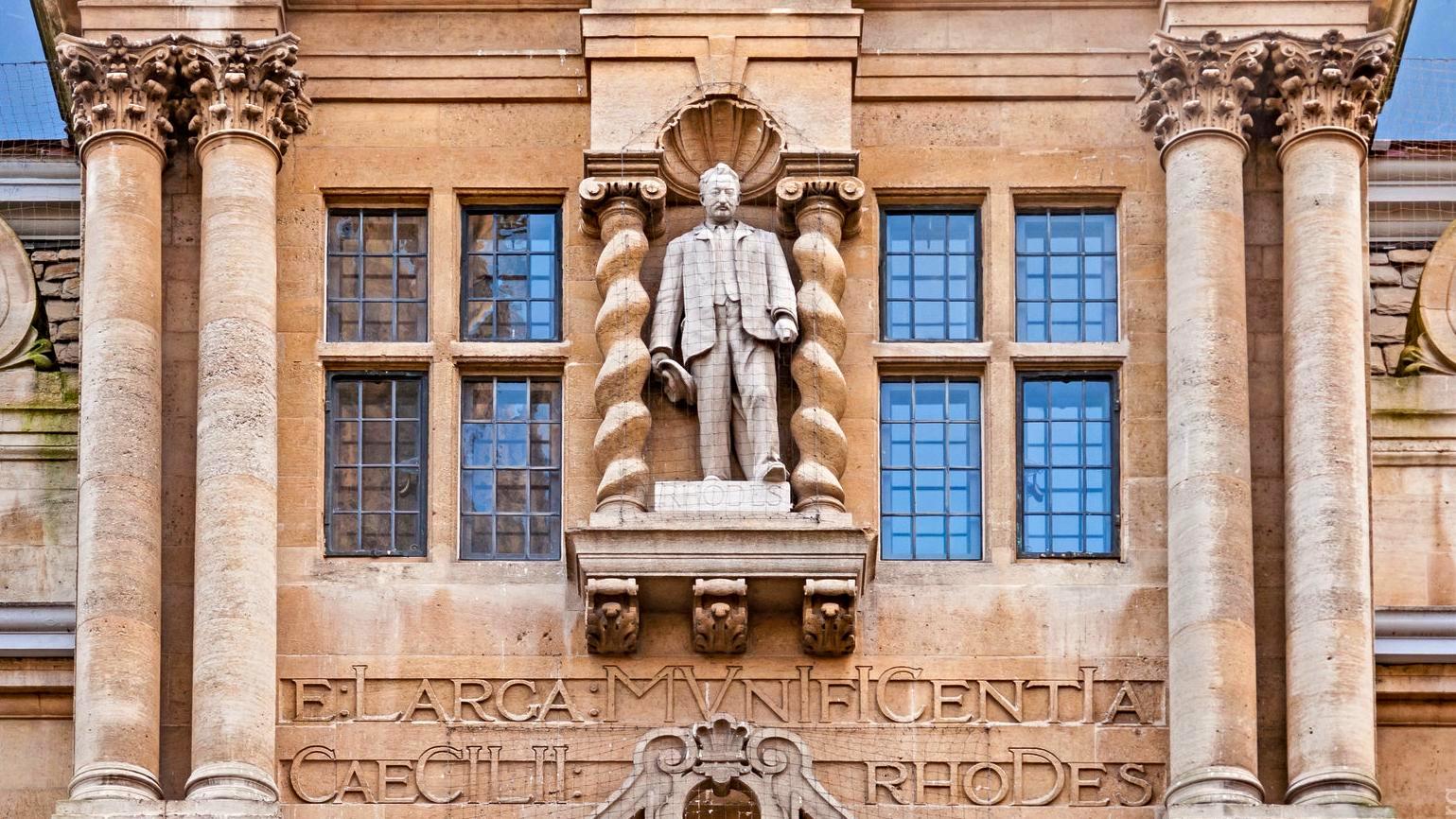Restrictions on movement during the global lockdown make historical archives inaccessible, especially for those working on foreign countries. So how can Africanist historians continue going about their work? We offer three tips for making the most of historical research during the COVID-19 pandemic.
The past is a foreign country – often literally for historians who are dependent on archives outside their own country of residence. So how will historians of Africa cope with the sudden restrictions on travel caused by an unprecedented global lockdown?
The COVID-19 pandemic is altering higher education on a remarkable scale. Lectures and seminars have swiftly moved online with the aim of saving the semester’s teaching. Academic conferences and workshops have en masse been cancelled, while future conventions will likely also go digital. But what about research?
Mobility is at the heart of African studies. Historians of Africa are reliant on fieldwork to consult archives both within Africa and beyond. But primary sources are not usually digitised, and while ‘digital humanities’ is nowadays all the rage, as Samuel Daly has pointed out, African archives remain largely analogue.
Below are three broad suggestions to conduct historical research in times of corona, primarily seeking to open a discussion on how to overcome the limitations posed by the pandemic. Please share your thoughts!
1. Online archives
The first and most obvious option is to explore digitised material from African archives. Unfortunately, little progress has been made in this respect, but we may find alternative paths to access the African past.
One strategy could be to use so-called ‘third party archives’ from institutions outside the African continent, which have a distinct interest in Africa. The history of the British Empire is, for example, largely preserved in the National Archives of the United Kingdom (NAUK). NAUK is traditionally a well-used repository among Africanists and has recently made its entire digitised collection openly accessible. Although only 5% of the archival collection is digitised, this still amounts to hundreds of thousands of documents.
A disadvantage to this approach is that it represents an outside perspective, thus obscuring the ‘inner workings’ of African actors of which many Africanist historians are (and should be) interested. But even this may sometimes be possible. The Endangered Archives Programme of the British Library has in some cases digitised African archives, for instance the collections of the United National Independence Party of Zambia (UNIP) and the African National Congress (ANC) party of Zambia. Such records are now accessible to all.
In the last few years exciting digital projects have emerged which open up various African primary source collections. Let me name a few examples. Digital Innovation South Africa (DISA) is an online resource focusing on the socio-political history of South Africa containing thousands of records. JSTOR hosts the former Aluka primary source collections, currently divided between two collections: the ‘Struggles for Freedom: Southern Africa’ collection contains more than 27,000 objects and 190,000 pages of documents and images, while ‘World Heritage Sites: Africa’ contains more than 86,000 objects. The African Online Digital Library (AODL) offers a diverse set of oral testimonies.
I do not doubt that many more initiatives exist, but regrettably an overview has – to my knowledge – not yet been created.
2. Sharing platforms
Many academics are sitting on piles of photos or copies of archival records accumulated in pre-corona times. Now that we are in the midst of a global lockdown, it is an excellent moment to unlock these precious resources and share them amongst our peers.
We can draw inspiration from our American historian colleagues. In response to the pandemic, the Society for Historians of American Foreign Relations (SHAFR) has sponsored an archival records sharing group using Google Groups. This platform (free of charge) allows users to share or seek copies of archival files made by researchers themselves on previous research stints.
Should we replicate such a platform for African history?
3. Collaborating with local researchers
Historical research is often a highly personal endeavour and is more complicated than simply retrieving files from a storage room. It is difficult to navigate an archive when collections are incomplete and catalogues are offline, and personal connections with archivists and librarians matter. Yet, we might consider thinking about new collaborations now that we face prolonged travel bans.
Cooperating with someone who lives near the archive, or in the country one would like to consult, could work around the closed borders, while also tapping into new types of expertise. This could happen in different ways. A tried and tested possibility is using professional freelance researchers (the National Archives of South Africa offers a list of possible candidates) or working with a research assistant.
However, there is another, more exciting opportunity. Rather than adopting a hierarchical assistant-researcher relationship, we could initiate new and fruitful collaborations between historians across borders. The prevailing pandemic is thus a potential stimulus for cooperative research, where sharing data is a stepping stone to long-lasting collaborations.
New venues for research
Jennifer Hart has pointed out that the historical discipline of African studies has a long history of methodological innovation. Can the current crisis that threatens our field be an incentive to make leaps in digitisation and find new ways of working in partnerships?
Any ideas, comments or suggestions for platforms and digital initiatives are more than welcome in the comment section.
Photo: Secretary-General Kofi Annan and Mrs. Annan flew to Johannesburg, South Africa on 15 March 2006. Credit: UN Photo/Eskinder Debebe licensed under creative commons (CC BY-NC-ND 2.0).





